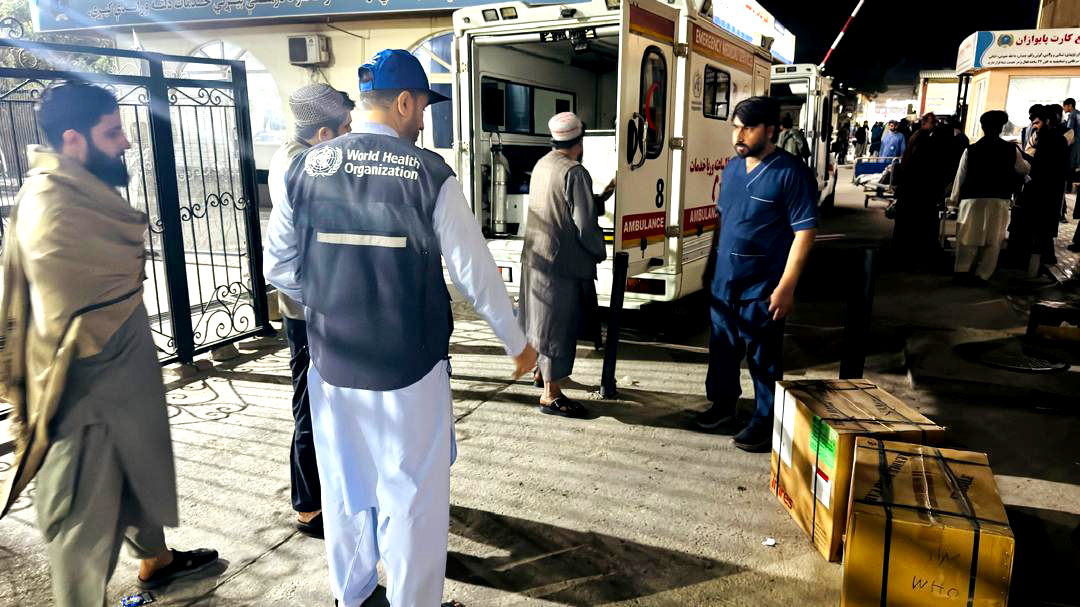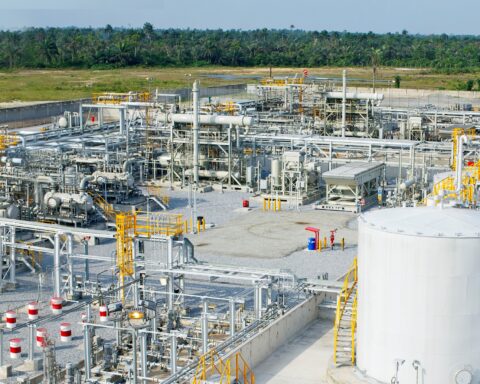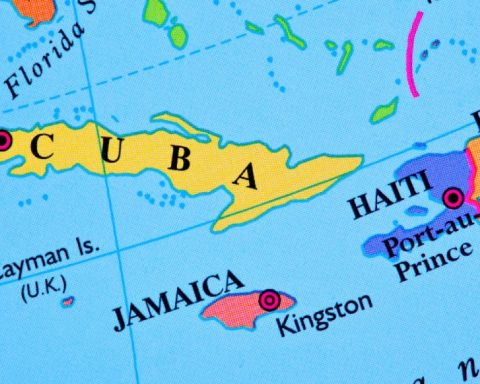At least 27 people have been confirmed dead and hundreds more injured after a powerful 6.3-magnitude earthquake struck northern Afghanistan early Monday, flattening homes and cutting off power across several provinces.
The quake hit at about 1:00 a.m. local time (20:30 GMT Sunday) at a depth of 28 kilometres, with the epicentre near Khulm in Balkh Province, close to the northern city of Mazar-e-Sharif. Strong tremors were felt across Samangan, Sar-e-Pul, Baghlan, Kunduz, and Badakhshan provinces, leaving widespread destruction in their wake.
Authorities said 27 people have been killed and at least 730 others injured, most of them in Balkh and Samangan provinces. Officials warned that the casualty figures could rise as rescue teams continue to search through the rubble in remote communities. The Afghan Red Crescent Society said the earthquake has caused “severe human casualties and heavy financial losses.”
Join our WhatsApp ChannelREAD ALSO: 4.8 Magnitude Earthquake Rattles Northeastern U.S, Prompts Quick Response
Caribbean in Crisis as Hurricane Melissa Ravages Jamaica, Haiti, Cuba
In Badakhshan Province, around 800 houses were reported damaged or destroyed in Chogani village of Shahr-e-Bozorg District. In Mazar-e-Sharif, several buildings sustained damage, including the historic Blue Mosque (Rawza Mubarak), one of Afghanistan’s most revered religious landmarks.
Hospitals across the affected provinces have been placed on full alert to receive victims. The Defense Ministry said troops have been deployed to assist in clearing roads blocked by landslides and transporting the injured to medical facilities.
The United Nations said Its humanitarian teams are working alongside Afghan authorities to assess the damage and provide emergency aid.
The quake also disrupted electricity supply lines from Uzbekistan and Tajikistan, cutting off power to several regions, including Kabul, Baghlan, Parwan, Panjshir, Kapisa, Logar, Paktia, Ghazni, and Maidan Wardak.
The national power utility, Da Afghanistan Breshna Sherkat (DABS), said transmission lines from Naibabad to Samangan and Khulm to Pul-e-Khumri were damaged, but technicians have since restored most services.
Northern Afghanistan, sitting on multiple active fault lines, remains one of the most earthquake-prone areas in the region. The country’s fragile infrastructure and poorly built housing often worsen the toll of such natural disasters.
Today’s quake marks the eighth major earthquake to hit Afghanistan since the Taliban returned to power in 2021. In August, a 6.0-magnitude tremor in Kunar Province killed more than 2,200 people and destroyed hundreds of homes.
As aftershocks continue, many residents in Balkh and nearby provinces remain outdoors, fearing further collapses. Humanitarian agencies have warned that with winter approaching, survivors urgently need food, medical care, and temporary shelter.
Amanze Chinonye is a Staff Correspondent at Prime Business Africa, a rising star in the literary world, weaving captivating stories that transport readers to the vibrant landscapes of Nigeria and the rest of Africa. With a unique voice that blends with the newspaper's tradition and style, Chinonye's writing is a masterful exploration of the human condition, delving into themes of identity, culture, and social justice. Through her words, Chinonye paints vivid portraits of everyday African life, from the bustling markets of Nigeria's Lagos to the quiet villages of South Africa's countryside . With a keen eye for detail and a deep understanding of the complexities of Nigerian society, Chinonye's writing is both a testament to the country's rich cultural heritage and a powerful call to action for a brighter future. As a writer, Chinonye is a true storyteller, using her dexterity to educate, inspire, and uplift readers around the world.

















